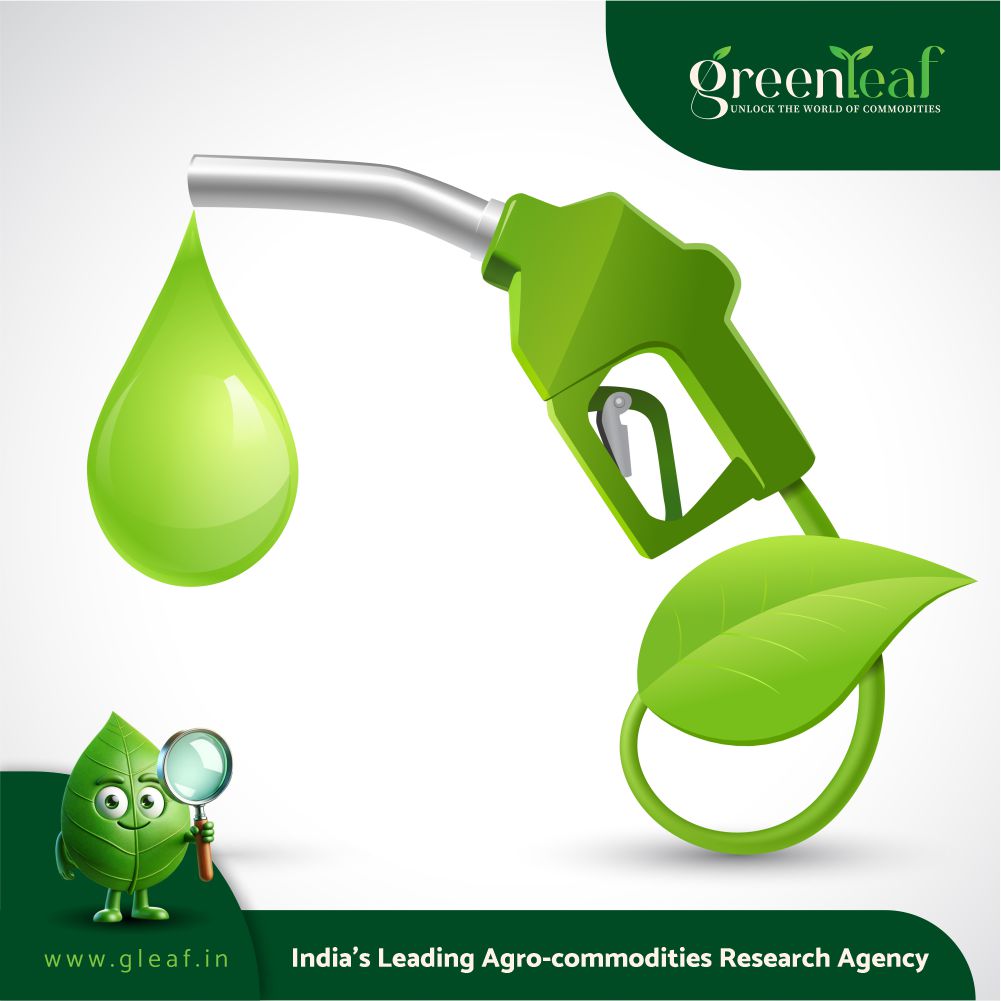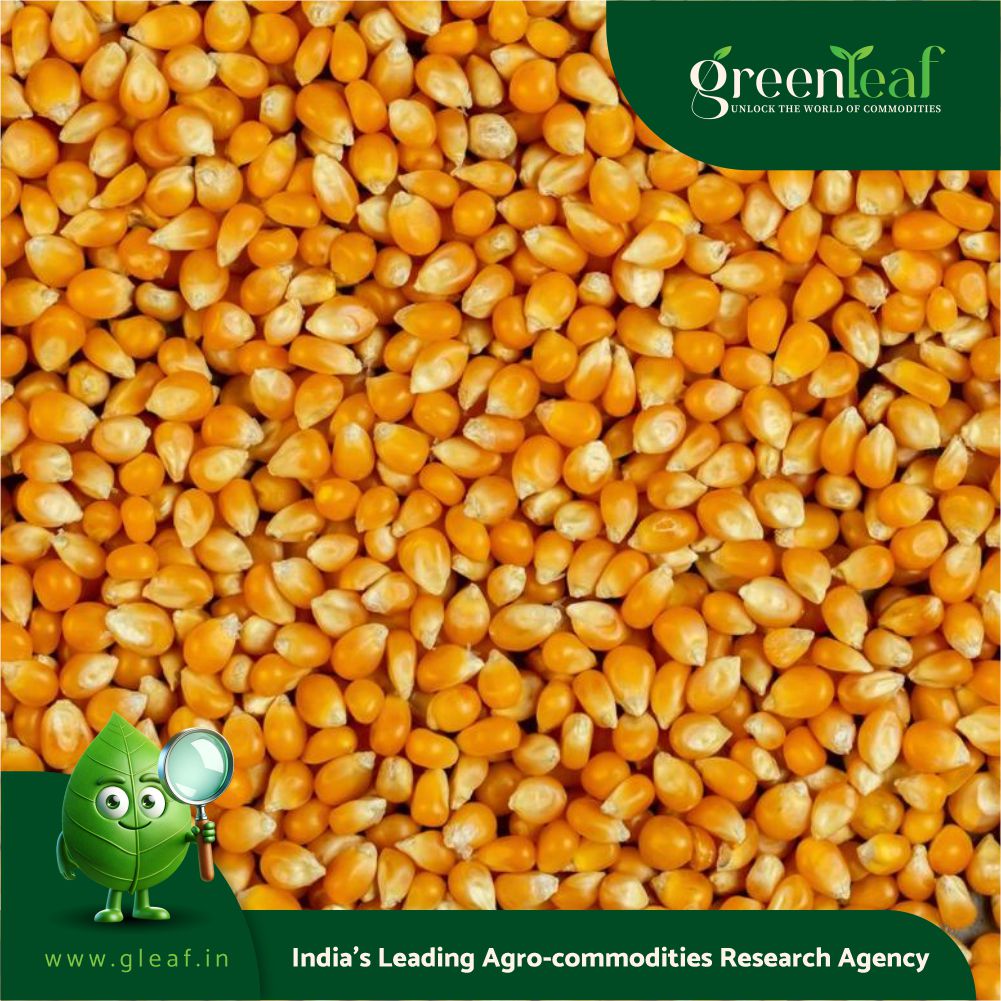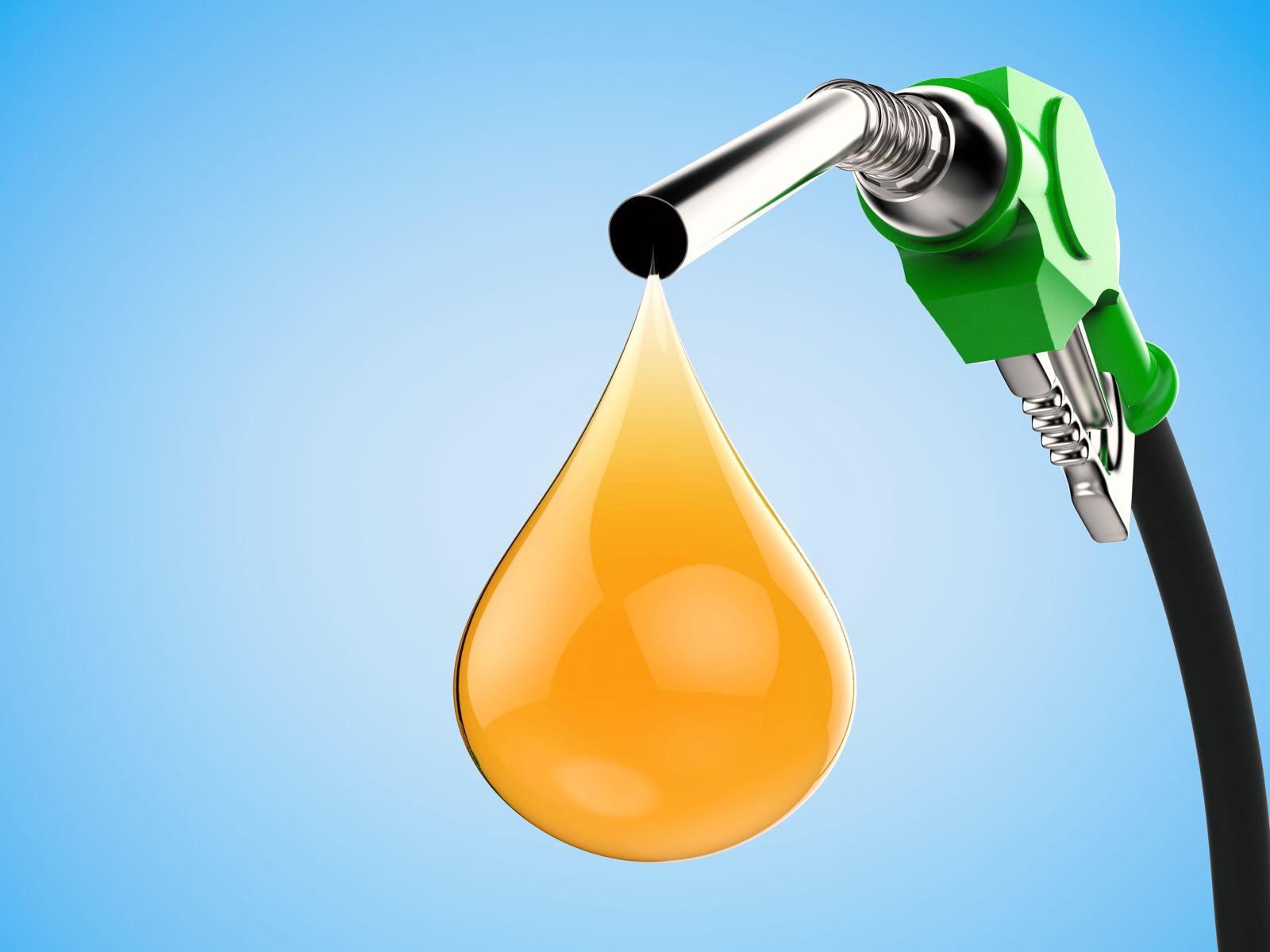The government of Brazil on June 25 announced it will increase the mandatory blend of ethanol in gasoline from 27% to 30% and the mandatory blend of biodiesel in diesel from 14% to 15%, effective Aug. 1.
The announcement was made by Brazil’s National Energy Policy Council (CNPE), a division of the Ministry of Mines and Energy. The increased mandates aim to eliminate gasoline imports while reducing emissions and fuel prices. Expanded use of biofuels will also boost domestic biofuel producers.
The new biofuels policy is expected to generate an exportable surplus of approximately 700 million liters (184.92 million gallons) of gasoline annually. The move to E30 is also expected to spur more than R$10 billion ($1.8 billion) in investments and create more than 50,000 jobs.
The transition to B15 is expected to generate more than R$5 billion in investments in new soybean mills and crushing units, while creasing more than 4,000 jobs.
The Ministry of Mines and Energy in March announced that tests conducted by Mauá Institute of Technology confirmed the safety and technical viability of the new blends, allowing immediate adoption without negative impacts on vehicles or consumers.
The E30 tests were conducted as part of the implementation of Brazil’s Fuel of the Future Law. The law, adopted in 2024, establishes guidelines for the decarbonization and modernization of Brazil’s energy mix. The law allows the ethanol content of gasoline to be increased to up to 35% so long as technical feasibility is proven.















